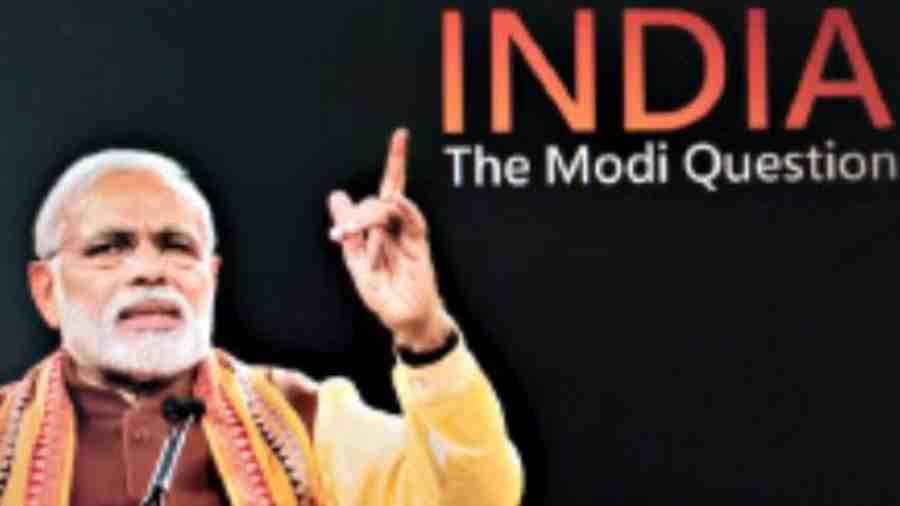Democracies survive on accountability. The most effective leaders thrive through self-reflection. But the Narendra Modi government’s decision to block all online links broadcasting a BBC documentary critical of the prime minister shows an administration that is uncomfortable looking in the mirror — and is unwilling to let others catch a glimpse either. The documentary looks back at the horrific Gujarat riots, when several hundred people, most of them Muslim, were massacred and many women raped, after a train carrying Hindu pilgrims returning from Ayodhya was set on fire, killing 59 people. Mr Modi, who was chief minister at the time, has been cleared by a Supreme Court-appointed panel of any wrongdoing, but questions over his conduct during those days of mayhem and some of the provocative comments he made have lingered. That Mr Modi’s government used a law that cites ‘emergency’ provisions to stop Indians from watching the BBC documentary is ironic because the ruling Bharatiya Janata Party and Mr Modi rightly and frequently criticise the imposition of Emergency by the former prime minister, Indira Gandhi. Yet it is only the latest instance of the government’s rejection of a fundamental bedrock of democracy: free, critical expression.
India leads the world in internet shutdowns and often sends the most requests to social media platforms to pull down posts. In early 2021, the Centre explicitly sought the removal of posts by journalists and other critics during the protests by farmers against controversial new laws. In 2017, the government refused to approve the screening of a film based on the life and tragic death of Rohith Vemula, a young Dalit scholar who took his life after facing discrimination at the University of Hyderabad. A documentary on the 2013 Muzaffarnagar riots met the same fate. Even stand-up comics who have used humour to take digs at Mr Modi have faced the wrath of BJP-aligned trolls. None of this is surprising. In a telling interview to the BBC in 2002, Mr Modi was asked if he would have had done anything differently. He said he wished he had managed the media better. Two decades later, his government appears to be faithfully following that lesson. Mr Modi’s government has said that the BBC documentary reflects a “colonial mindset”. There is nothing more representative of colonialism than mass censorship. It may suit Mr Modi but it has no place in a modern democracy.











